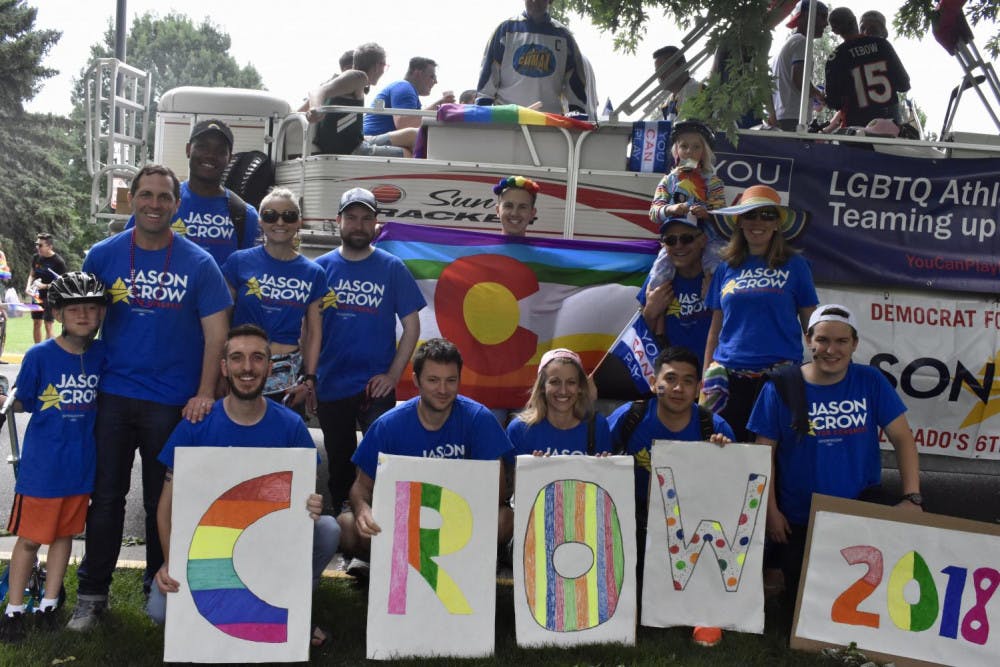In an increasingly nationalized political environment, it’s easy to think that Vermont politics doesn’t matter — Clinton carried the state by 25 points in 2016 and our U.S. Senator is a democratic socialist. That’s why many students are surprised to learn that the governor, Phil Scott, is a Republican and a favorite to win re-election next week.
This year alone he has vetoed bills that would have mandated paid family leave, increased the minimum wage, implemented stronger regulations on toxic chemicals and supported public schools. Right now, liberals in Vermont are fighting to protect their seats in the state legislature and win a veto-proof majority.
Personally, I’m helping out Chris Bray and Ruth Hardy for Addison County’s Senate seats and other Democratic county candidates. Through his work in Montpelier, Bray has proven himself a fighter for the environment and food access. Hardy is a first-time candidate — she used to work at the college and now leads Emerge Vermont, an organization that trains women to run successful campaigns for elected positions. You should not support or volunteer for them blindly on party affiliation — make an informed choice.
It is important to be involved in local politics. Despite artificial barriers that too many students construct between themselves and the larger Vermont and Addison County communities, we are members of those communities. We can vote here, we can volunteer here and we can make a difference here.
The national implications of this election — which party will control the U.S. House and Senate — are certainly of tremendous importance. Majorities could decide the future of immigration policy, court nominees, healthcare access, social safety nets, women’s and LGBTQA+ rights, gun safety and ongoing investigations of the executive branch. This could be the most consequential midterm election of our lifetimes. Over the summer, I was working as a press assistant for Jason Crow, the Democratic nominee for a competitive U.S. House seat outside of Denver, Colorado, fighting for progressive ideals.
Examining the ballot from top to bottom is vitally important. This past decade, Democrats have lost nearly 1,000 seats at the state level across the country. The idea of a “Blue Wave” gives many liberals hope of winning back these seats during a depressing time. Yet waves don’t just happen on their own. Election fundamentals are an important factor, but waves only materialize when we vote and volunteer.
Check online at go/Dems2018 to see volunteer opportunities between now and Election Day in Middlebury for Democratic candidates. Feel free to reach out at aplotch@middlebury.edu.
Editor’s Note: Plotch is not currently employed by any campaign or political organization, all views expressed here are his own.
This Year, Voting Isn’t Enough

COURTESY PHOTO
Andrew Plotch ’18.5 spent the summer volunteering for Jason Crow, the Democratic nominee for a U.S. House district in Colorado.
Andrew Plotch ’18.5 spent the summer volunteering for Jason Crow, the Democratic nominee for a U.S. House district in Colorado.
Comments



